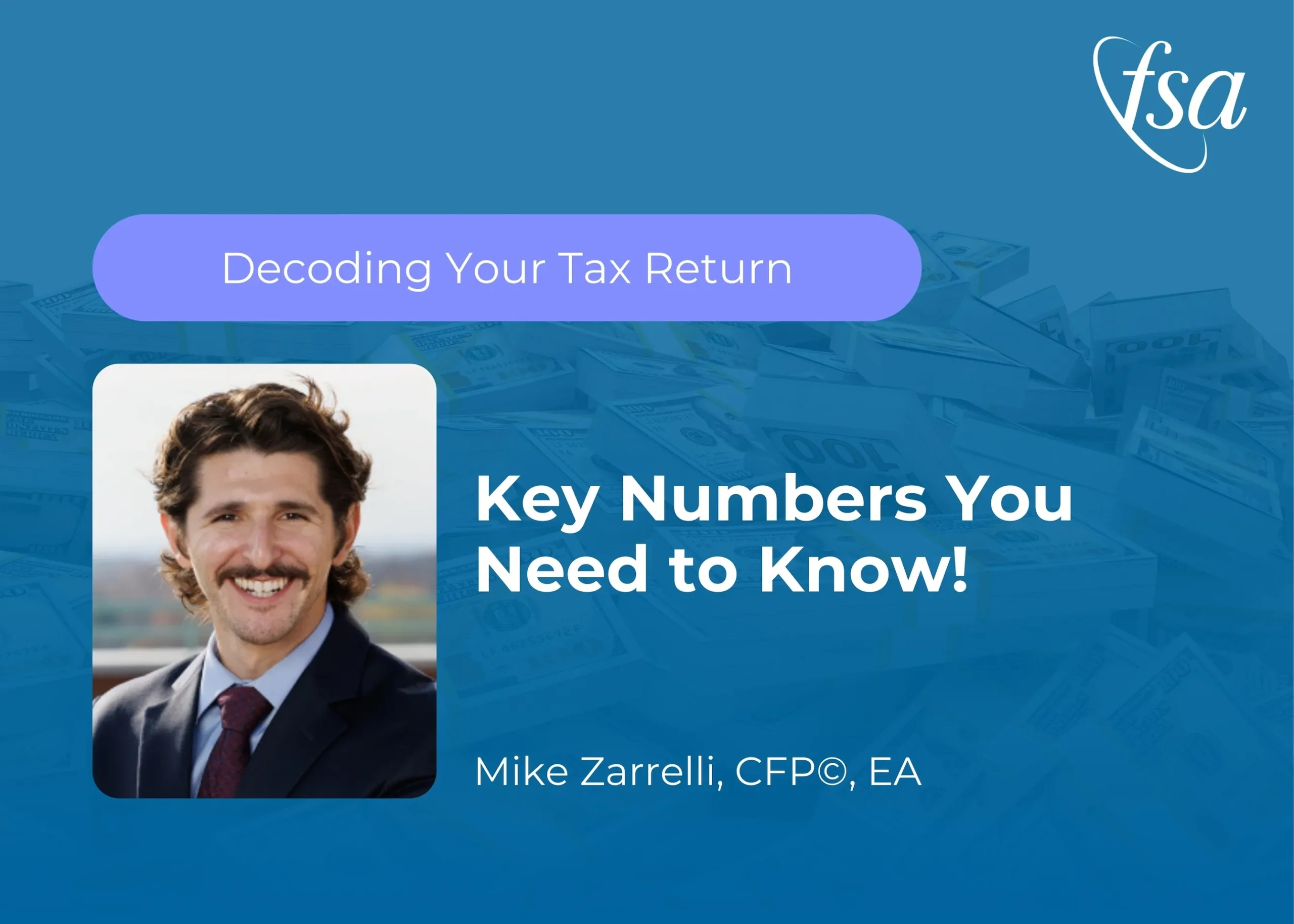This month’s Technical Tuesdays video, presented by Aaron and Mike, talks about five employer benefits you may not be aware of.
Benefits You May Not Be Aware Of Transcript
I’m Mike Zarrelli:
Hey, everyone. Thank you for joining us for this month’s Technical Tuesdays. I’m Mike Zarrelli.
Aaron Weston:
I’m Aaron Weston.
I’m Mike Zarrelli:
Today, we’re going to talk about five employer benefits you may not be aware of. When it comes to your job, there are several components that make up your total compensation. Some of the benefits your employer provides can save you thousands of dollars, effectively increasing your comp. So, let’s dive right in. Aaron, what’s the first benefit you want to cover?
Aaron Weston:
Yeah. Thanks, Mike. First up is tuition reimbursement or professional development budget. As you may know, you have your financial balance sheet and your personal balance sheet. In other words, your knowledge and skills. Some ways to increase your personal balance sheet is by pursuing more education, designations, learning new skills, and attending conferences. These actions make you more valuable in a job marketplace, including at your current employer. Some companies offer tuition reimbursement programs or professional development budgets as part of their benefits package. This signifies the company’s investment in your future. When you think about it, this can enhance your compensation in two ways. The first is by the cost of the learning programs being covered by the company, and the second is by increasing your personal balance sheet, thus increasing the chances of future raises and promotions. Of course, always read the fine print. Be sure to understand the specific terms such as eligibility, the types of programs covered, and if there’s a requirement to stay at the company for a certain period after receiving the benefit.
I’m Mike Zarrelli:
Yeah, absolutely. Education is huge in increasing that personal balance sheet. Totally agree. Next up, we’ve got health savings accounts and flexible savings accounts. Now, most of us have probably already heard of HSAs, health savings accounts. I’ll give you a little rundown. There are savings accounts for folks that are enrolled in high deductible health plans that allow you to save for current and future healthcare expenses. And on top of that, you get a triple tax advantage when you contribute to these. Contributions get to go into the HSA tax-deductible, Then the funds get to grow tax deferred while it’s in that structure. And then, if it’s done correctly and you withdraw the money to reimburse yourself for medical expenses, it comes out tax-free. So, again, triple tax advantage. It’s one of the only accounts that has that benefit.
Also, similarly to your retirement plan, some employers can match a portion of your contributions to your HSA. If offered, it’s just free money, and when used correctly, it’s untaxed free money, so it can be super powerful in helping you handle those healthcare costs.
Now, the lesser known of the two is the FSA, flexible savings account, and it is another vehicle that can help you manage out-of-pocket healthcare costs. Again, you can contribute pre-tax dollars, and then, when used correctly, the funds can come out tax-free. Now, here’s the problem or the downside with FSAs. It’s a use-it-or-lose-it year-by-year account, so you need to stay on top of how much money is in there and make sure you use it by the end of the year.
What’s up next, Aaron?
Aaron Weston:
Yeah. Next are employee stock purchase plans, or ESPPs. This is one of our favorite perks. Larger companies are always looking to incentivize their employees to be more productive and efficient during work hours. One way they’ve found success is by creating opportunities for employees to buy equity ownership in the company. In other words, have some skin in the game. This means if they work harder, they will further reap the financial benefit by their shares in the company increasing in value. One way companies offer employees to buy shares is through ESPP. Now, why would an employee opt into the plan? Well, ESPPs allow employees to purchase company stock at a discounted price, often through payroll deductions. The discount rate varies but typically sits around 15% below the market price.
For example, if your company stock is trading at $100 a share, they will give you the opportunity to buy shares at $85 a share. You can see how utilizing this program can be a lucrative financial move since your position is already in the green. That said, you don’t want to be too overweight in one company’s stock, especially given that your livelihood, your income, is coming from that same company.
I’m Mike Zarrelli:
Yeah, absolutely. Who doesn’t love a discount, especially for shares on a good company? Love that. Next up is group insurance plans and discounted legal services. Most of us receive health insurance or some type of health insurance offering from our employers. That’s pretty common. But some employers have sweetened up the deal and added other insurances to these group plans. Now, this could include dental, vision, disability, or life insurance coverage. And what’s nice about group insurance plans is often they’ll come with lower premiums, and some of these policies won’t need medical underwriting, making them more accessible to other employees that may have preexisting conditions. Similarly, some employers will offer discounted legal services, so that means you could have access to legal advice, estate document preparation, or maybe some representation on personal legal matters. And it’s a nice benefit because, remember, employers decreasing the costs that you would have to pay, that is an indirect form of compensation to you.
What’s up last?
Aaron Weston:
Yeah, that’s great. Yeah. Lastly, we have wellness programs. Employers are increasingly aware of the importance of health and wellness in maintaining an effective workforce. Many even offer wellness programs that might include free gym memberships, wellness challenges with rewards, subsidized wearables like fitness trackers, or even have onsite wellness facilities. These benefits not only promote a healthier lifestyle but can also lead to personal cost savings on things you might already be paying for. Remember Mike, health is wealth.
I’m Mike Zarrelli:
Absolutely. Well, that wraps up this video. We hope you have a better understanding of some of the perks that might be part of your benefits package. The bottom line is there can be ways to indirectly increase your comp that your company pays you just by knowing what your total compensation package is. When in doubt, your financial advisor, like Aaron and me, is here to help you review your benefits package and help you decide on the right course of action. Remember to like and follow to see more videos like these, and leave a comment below of more topics you’d like to see in future videos. See you next time.
FSA’s current written Disclosure Brochure and Privacy Notice discussing our current advisory services and fees is available at www.fsawealthpartners.com/disclosures or by calling 301-949-7300.




